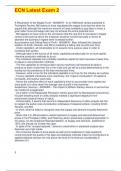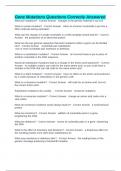Examen
ECN Latest Exam 2
ECN Latest Exam 2ECN Latest Exam 2ECN Latest Exam 2ECN Latest Exam 2ECN Latest Exam 2ECN Latest Exam 2ECN Latest Exam 2ECN Latest Exam 2ECN Latest Exam 2ECN Latest Exam 2ECN Latest Exam 2ECN Latest Exam 2ECN Latest Exam 2ECN Latest Exam 2ECN Latest Exam 2ECN Latest Exam 2ECN Latest Exam 2ECN Latest...
[Montrer plus]







